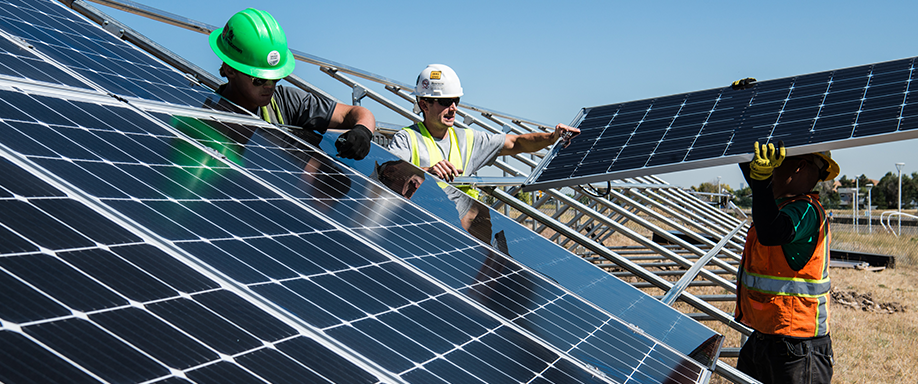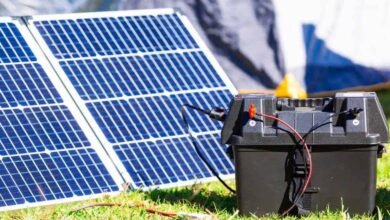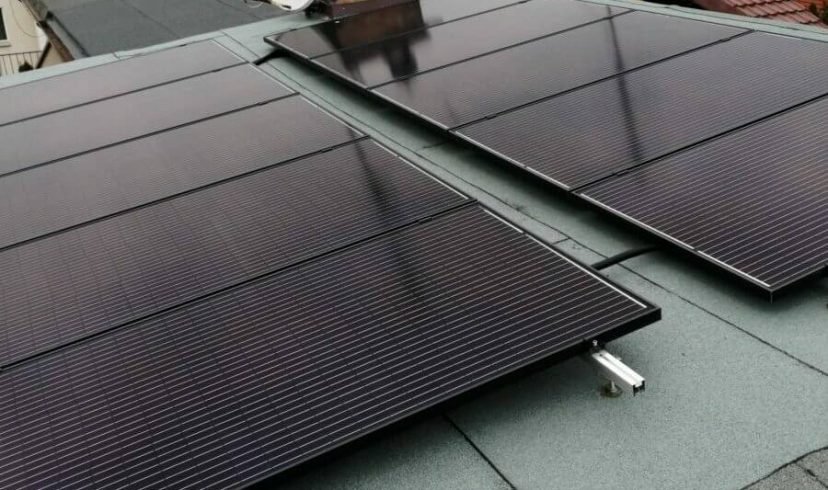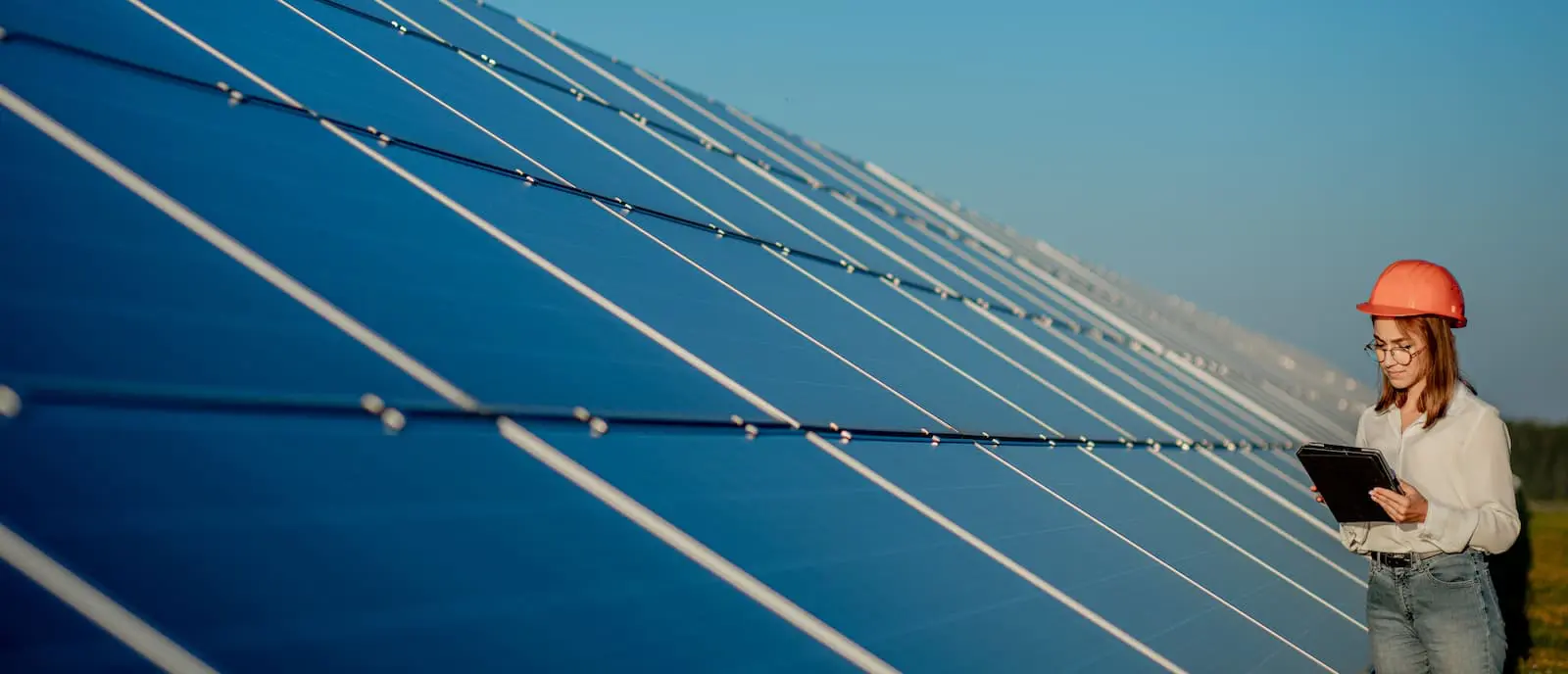
Why do solar panels produce a DC supply?
Solar energy has emerged as a promising and environmentally friendly source of renewable energy, powering homes, businesses, and even entire communities. Solar panels, also known as photovoltaic (PV) panels, are the key components that convert sunlight into usable electricity.
Why do solar panels produce a DC supply?
One notable aspect of solar panels is that they produce a direct current (DC) supply, rather than alternating current (AC) commonly used in our electrical grid. In this article, we will explore the reasons behind why solar panels generate a DC supply and the significance of this choice.
Understanding the Solar Panel’s Inner Workings
Solar panels are made up of interconnected photovoltaic cells that contain semiconductors, typically silicon, which absorb sunlight and convert it into electrical energy. The fundamental principle behind solar panel operation is the photovoltaic effect, where photons from sunlight excite electrons in the semiconductor material, generating an electric current.
Direct Current (DC) vs. Alternating Current (AC)
To comprehend why solar panels produce DC, it is essential to differentiate between DC and AC. Direct current is characterized by a continuous flow of electric charge in a single direction, while alternating current periodically reverses the direction of flow. AC is the standard form of electrical power utilized in our electrical grid due to its ability to be efficiently transmitted over long distances.
Solar panels inherently generate DC electricity because the photovoltaic effect results in the production of a direct flow of electrons. As photons strike the PV cells, electrons are freed from the atoms in the semiconductor material, creating a one-way flow of charge. Consequently, the electrical energy harnessed by solar panels is naturally in the form of DC.
Advantages of DC Power in Solar Systems
While our homes and appliances primarily rely on AC power, converting DC to AC power is a vital part of solar panel installations. This conversion occurs through an inverter, which transforms the DC electricity produced by solar panels into AC electricity compatible with our electrical grid.
Despite this additional step, there are several advantages to using DC power in solar systems. First and foremost, solar panels are more efficient at generating DC power than AC power. By eliminating the need for immediate conversion, solar panels can operate at their peak efficiency, maximizing the energy output.
Moreover, DC power has lower transmission losses compared to AC power, as it experiences less resistance during transmission. This means that when DC power is converted to AC for grid integration, less energy is wasted during the transmission process.
Conclusion:
Solar panels play a pivotal role in harnessing solar energy and converting it into usable electricity. The production of a direct current (DC) supply by solar panels is a natural consequence of the photovoltaic effect, where electrons are excited by sunlight and create a one-way flow of charge. Although our electrical grid predominantly operates on alternating current (AC), the use of DC power in solar systems offers several advantages, including higher efficiency and reduced transmission losses. By understanding the reasons behind solar panels producing DC power, we can appreciate the significance of the technology and further optimize the integration of solar energy into our everyday lives.
Read more about: How many solar panels will I need for a 5kva inverter?





